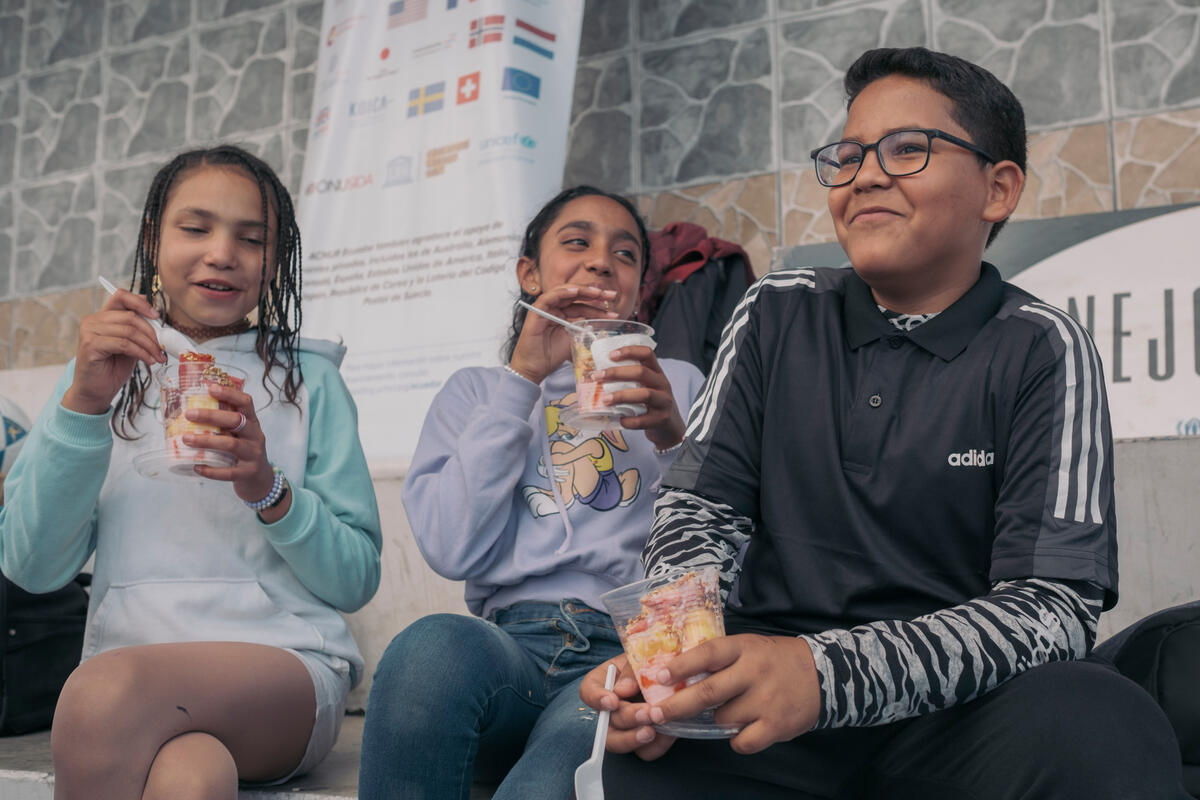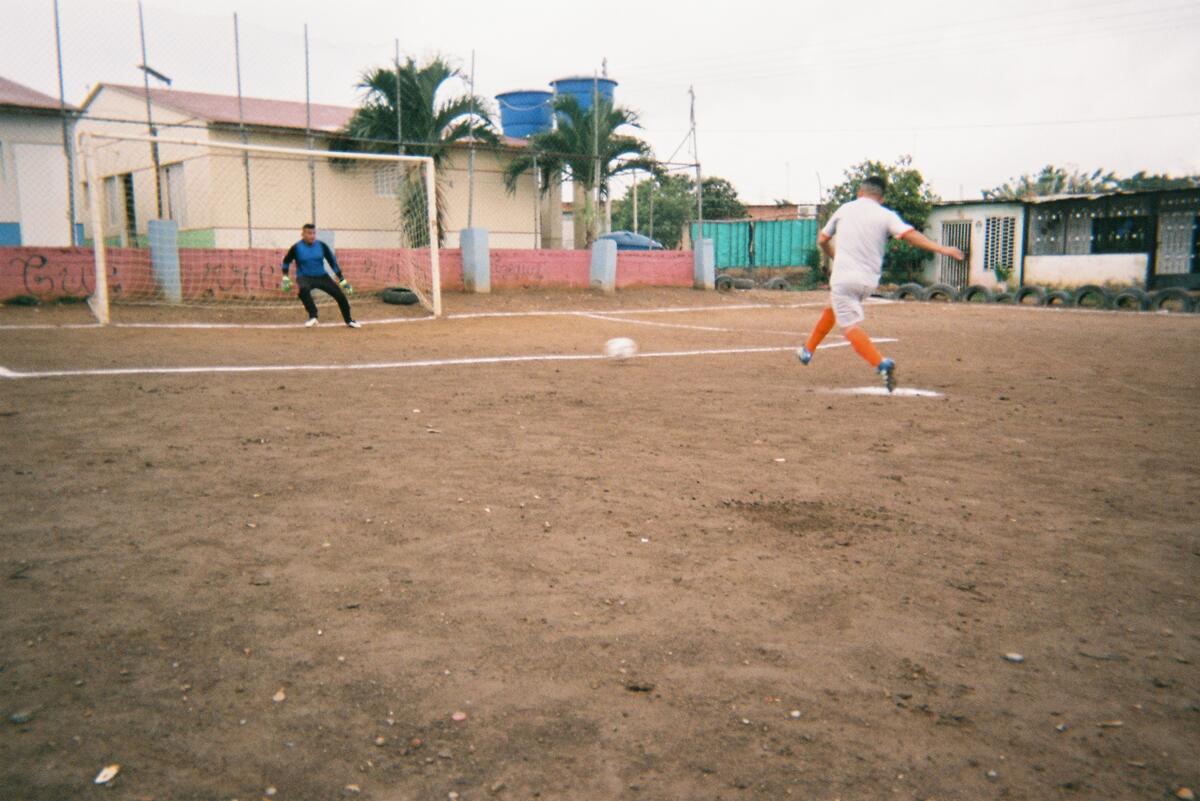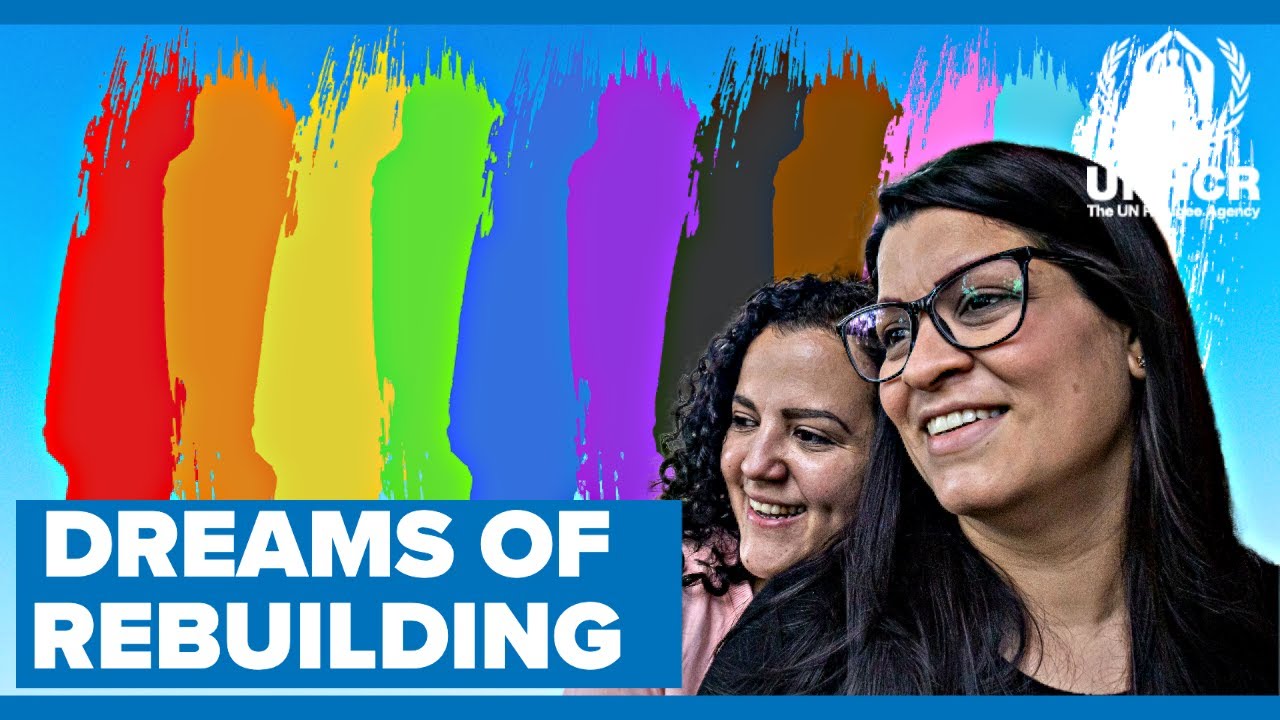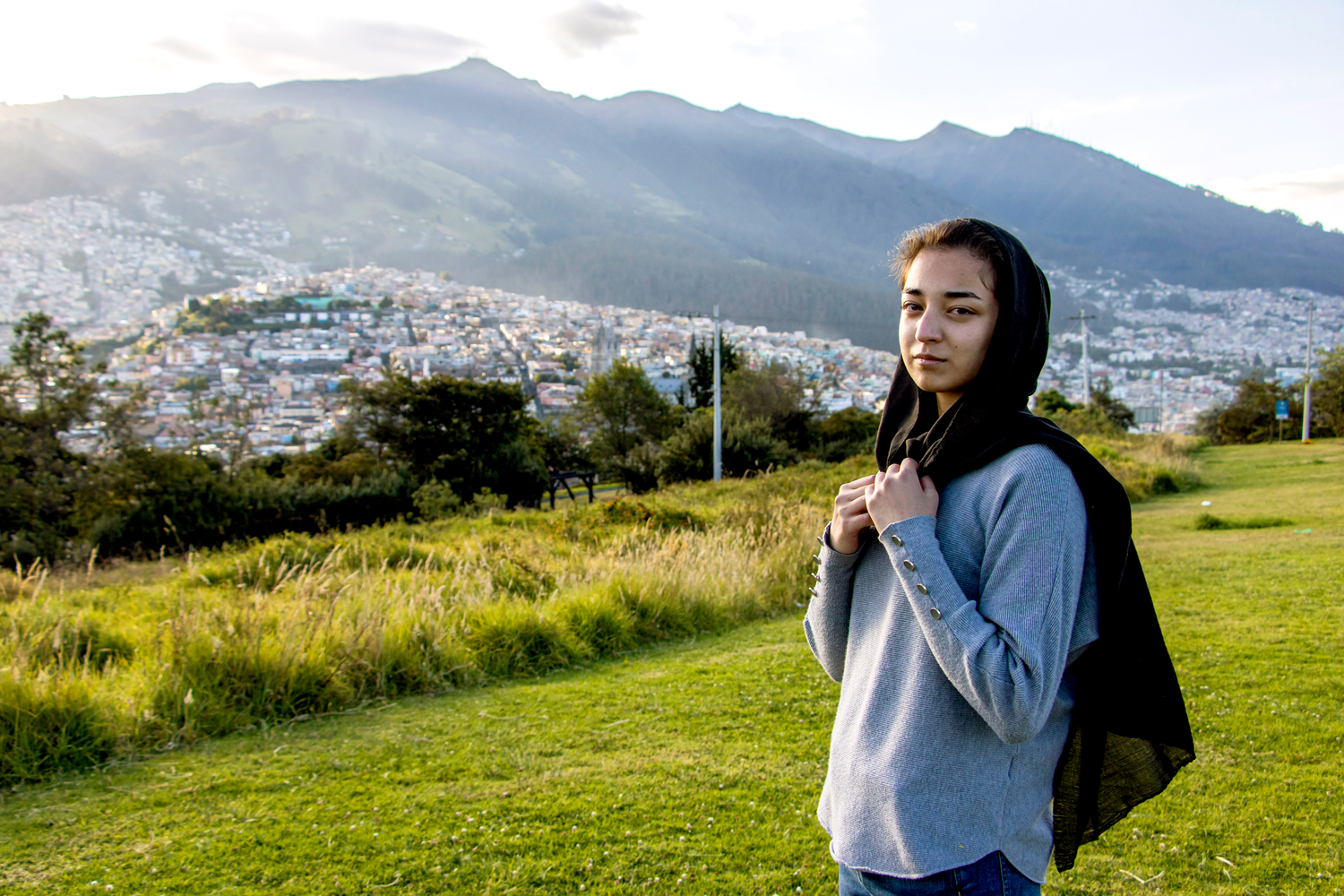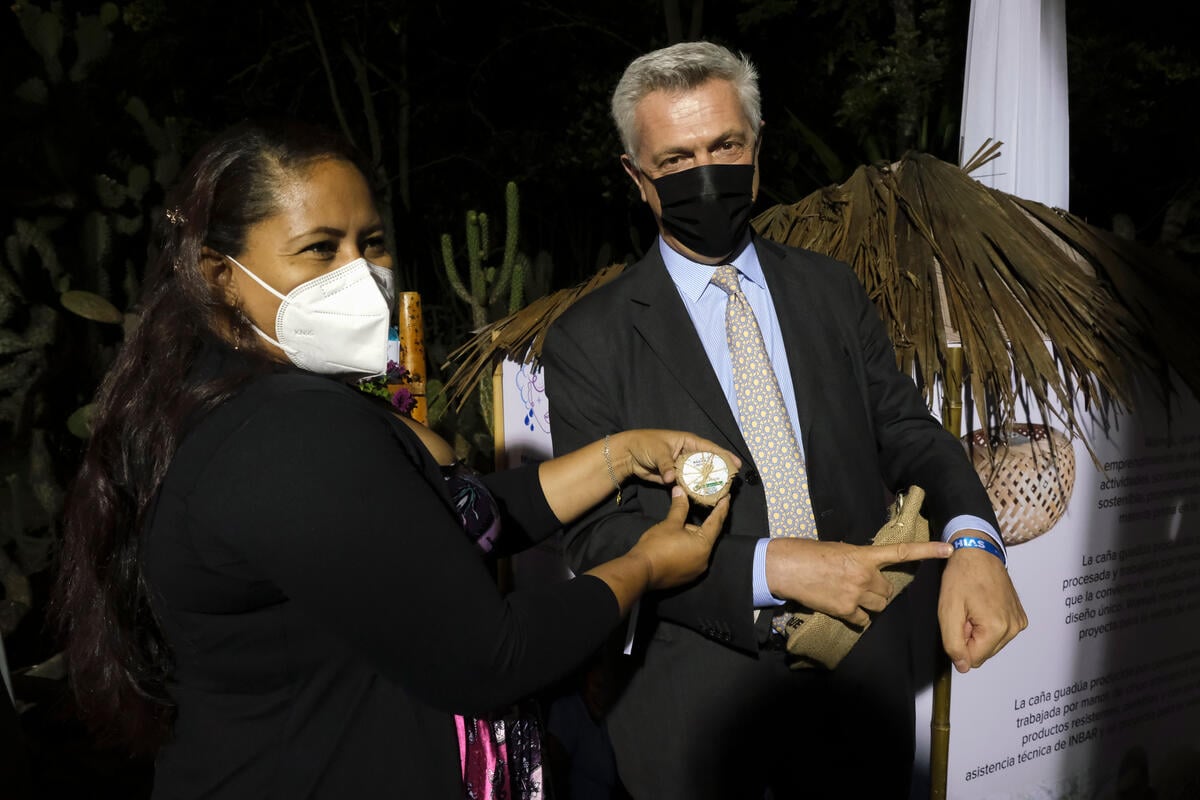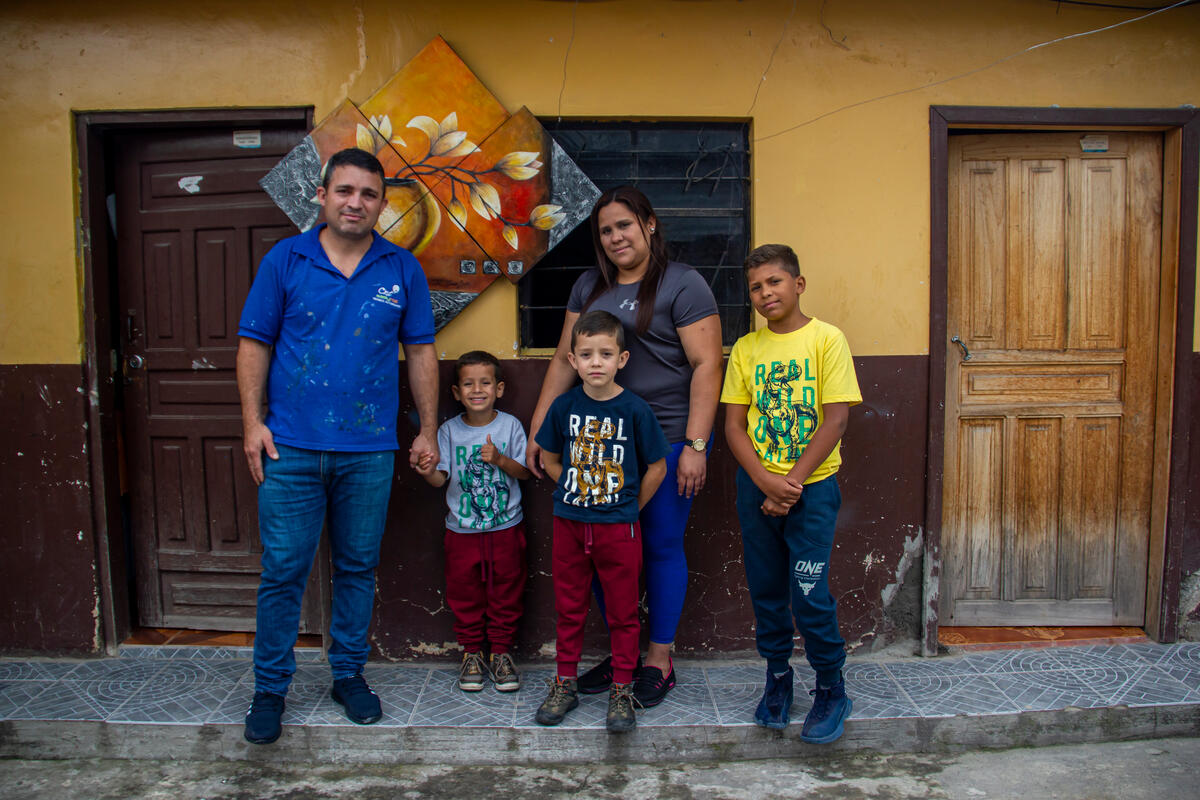A good place for radio - the remote reaches of northern Ecuador
A good place for radio - the remote reaches of northern Ecuador

LAGO AGRIO, Ecuador, June 24 (UNHCR) - Barranca Bermeja is about as remote as it gets in northern Ecuador's Sucumbíos province, but thanks to the wonder of radio, the residents now have a vital connection to the outside world.
The area is home to thousands of impoverished Ecuadoreans and refugees from nearby Colombia, most of whom were almost totally cut off barely a year ago. But the establishment of "El Río Habla" (The River Speaks) in April 2009 has given them a voice and helped to change lives here.
The 15-minute weekly programme is put together with the help of UNHCR staff in the provincial capital of Lago Agrio and broadcast on the Church-run Radio Sucumbíos. The aim was to establish an information network for refugees and their host communities and to give a voice to people living in remote locations.
Indeed, since its launch, the programme has made the voices of Ecuadoreans and Colombian refugees living in settlements along the San Miguel River and the Putumayo River heard in the local corridors of power.
Ecuadoreans and refugees have appeared on the programme to complain about things such as the lack of infrastructure, the need for repairs to roads and the dearth of basic services such as health centres and schools. In an area where the state has little presence, some people simply use the programme to let the authorities and other communities know they are there and need help.
"We deserved both attention and assistance to reduce this severe isolation," said Miguel, who wanted the authorities to build an all-weather road and repair bridges between Barranca Bermeja and Lago Agrio. In the rainy season, the road becomes an almost impassable muddy track.
The Ecuadorean community leader died tragically late last year, but his appeal had results. The regional government recently allocated money to build a more solid road from his community to the next village, 14 kilometres away. The authorities have also been involved in other cooperative projects.
"Thanks to the radio, the authorities now know that we exist," said Colombian refugee Ramiro, another fan of El Río Habla who lives in one of about 40 remote communities located in the forest on the Ecuadorean side of the river. "Radio allows us to hear about the experiences of other communities, explaining the situation we all face."
And the programme quite simply offers a break from the monotony of life in the middle of nowhere. "It is nice listening to others living, like us, in communities on the riverbanks," Ramiro said. "Here, there is nothing else."
People taking part in the show talk about a wide range of subjects that affect their daily lives, including agricultural production, primary education, youth, sexual and reproductive rights, food security, financial services and plenty else.
More and more public and private institutions want to work with these river communities and the radio programme must take some credit for this interest. This means that a change in living conditions seems to be finally within sight.
"Despite state efforts, most communities still endure tough living conditions and isolation," said Deborah Elizondo, UNHCR's representative in Ecuador. "This, coupled with a volatile and fragile security environment, creates situations of powerlessness and vulnerability among refugees and host communities alike," she added.
By Sonia Aguilar in Lago Agrio, Ecuador

